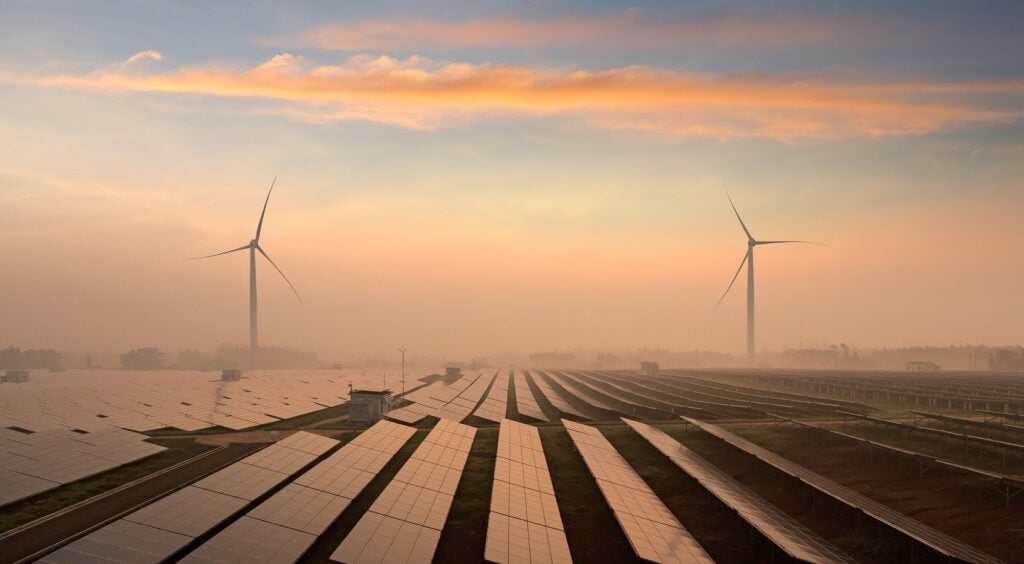Carlton Cummins, CTO and co-founder of Aceleron
Innovative energy tariffs to complement new low carbon technologies.
As ownership of decentralised low carbon technologies becomes mainstream, energy companies must start offering more flexible tariffs, or risk losing customers. Agile tariffs that reflect the evolving energy landscape and empower and benefit customers will likely be offered by all main energy companies.
A surge in solar plus storage
With the home ownership boom, I expect more home-owners will use their roof to earn money, cut their energy bills and make a meaningful contribution to achieving net zero. Solar plus storage installations will enable more home-owners to generate and store their own electricity. People are also becoming more aware of the impact of battery waste and will therefore begin to seek-out technologies that can be easily repurposed, repaired and serviced.
Improved EV charging infrastructure
Fast and ultra-fast EV charging technology is becoming commonplace and this will only accelerate as the number of EVs on our roads increases. Digital payment programmes and apps hosting multiple charging platforms will also become more widespread as consumers demand easy payment options.
Matt Allen, co-founder and CEO of Pivot Power
Consumers spoilt for choice on electric vehicles
Ten years ago early adopters of EVs had just a handful of cars to choose from. A decade on and it’s a very different story. Today there are over 130 plug-in cars and vans on the market, with a whole host more to come from big name brands in 2021. This is great news for consumers, as manufacturers compete on value, range, performance, and desirability, keeping even Tesla on their toes.
The race to 2030 is on
From OLEV to OZEV, the race to 2030 kicks off in anger! Charging infrastructure is rightly under the spotlight, with the government planning to invest £1.3 billion to accelerate the roll out and develop a network of 2,500 high powered charge points on major routes. The aim is to banish range anxiety once and for all and make charging on the move as easy as refuelling a petrol or diesel car. All this will involve getting a lot of power to the right places, coupled with some smart thinking about how we get the most from our existing electricity infrastructure.
Battery storage is appropriately valued
Calls to power every home with offshore wind understandably grab headlines, but the importance of the humble battery – and the system flexibility it provides – can no longer be overlooked or undervalued. Look no further than the Climate Change Committee’s Sixth Carbon Budget, which calls for 18GW of battery storage capacity by 2035 – in time for UK electricity production to become zero carbon. Batteries provide the fast acting, flexible capacity needed to power our lives with clean electricity without compromising the reliability and resilience of our energy network. It’s time to get building!





